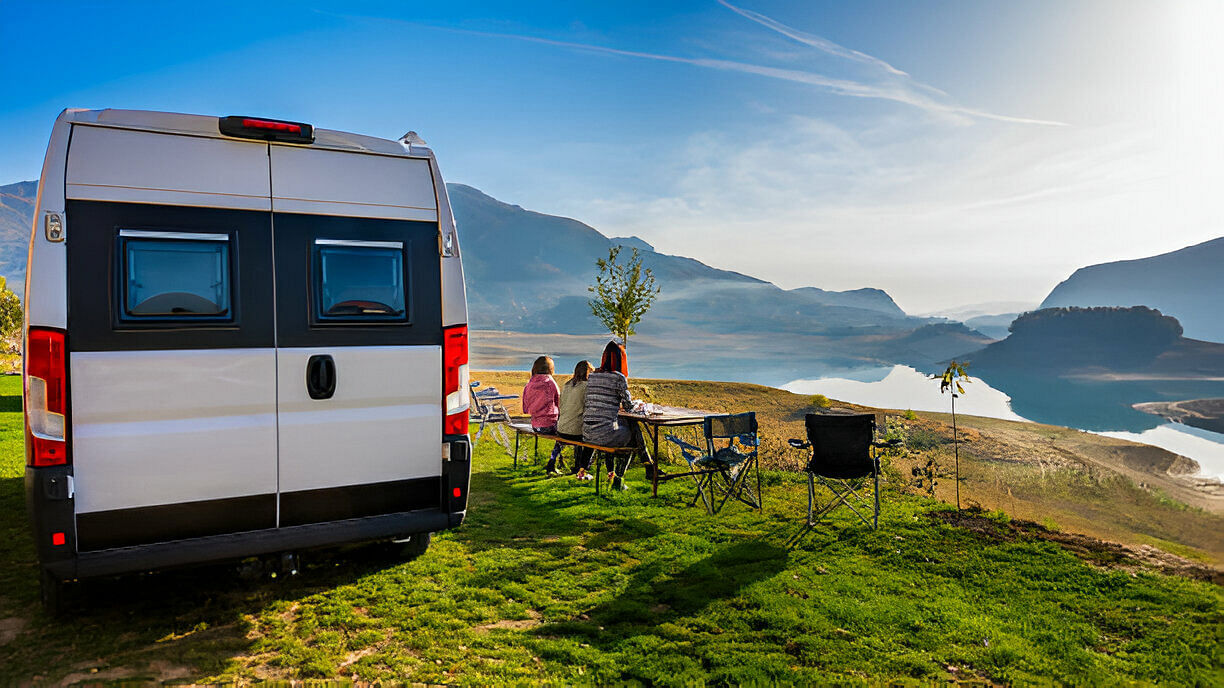How long have yo u been planning a family trip to Europe? Since forever, right? Now it's time to finally go for it and plan a family trip to Europe. But before actually taking the Europe Tour Packages you should know why Europe is an ideal choice for families.
European culture is what will keep you hooked on this beautiful place. During your family holiday to Europe, you will be travelling to various countries and meeting people from all kinds of places and ethnicities, allowing you to interact with other travellers.
Here’s how you can plan a Europe Family Holiday:
- Set A Budget
Before planning any trip, it is important to set a budget to better understand what to expect from it. If you are planning an affordable trip, you should ensure that you decide on a specific price. Set a budget and keep in mind the additional travel costs like visa, insurance and other unavoidable expenses for one of the most affordable family trips to Europe.
2. Select The Country/Countries And Cities
Before taking the trip, select the country or countries that you are planning to visit; accordingly, you can apply for the visa. If you are visiting only one country, then you can apply a visa for that particular country, but if you are planning to visit multiple countries on your family trip to Europe, then you need to go for a Schengen Visa. Visit the official website before applying or contact the WanderOn team for more detailed information on how to apply for a Europe Visa. The best European destinations for family holidays include France, Italy, Switzerland and more.
3. Choose Travel Dates
Choosing your travel dates is essential. Ensure that you plan the trip at least 2-3 months prior because the visa appointments take time, besides that, the prices of the flights will surge if you don’t book them prior to the travel date.
Timing makes a huge difference in price:
- Off-Peak Seasons: Late autumn (October–November) and early spring (March–April) usually have lower airfares and hotel rates.
- Shoulder Months: May, September, and early June offer decent weather with fewer crowds, and often better prices than peak summer.
- Mid-Week Travel: Flying on Tuesdays or Wednesdays can save you hundreds on international flights.
4. Book Accommodation Wisely
Your home away from home doesn’t have to cost a fortune:
- Family-Friendly Hostels: Many European hostels offer private family rooms with shared or en-suite bathrooms at a fraction of hotel prices.
- Vacation Rentals: Apartments or homes often come with kitchens; saving you money on breakfast or simple dinners.
- Budget Hotels & Guesthouses: Look for three-star options outside city centers; good public transport can still get you downtown quickly.
- Loyalty Programs: Sign up for hotel chains’ free memberships to earn points and enjoy perks like late checkout.
Suggested Reads: Top 10 Cheapest Countries To Visit In Europe
5. Save on Transportation Within Europe
Getting around Europe can be affordable if you plan ahead:
- Eurail Passes: Ideal for covering multiple countries by train; there are family discounts and youth rates.
- Regional Rail & Bus Companies: Providers like FlixBus and Ouibus offer ultra-low fares between cities.
- City Transport Cards: Many cities offer day passes that include metro, tram, and bus, and sometimes free or discounted museum entry.
- Car Rentals: If you’re visiting rural areas, compare rental companies and watch out for extra fees (insurance, young-driver surcharges).
6. Plan Affordable (or Free) Activities
- Free Walking Tours: Available in most major cities; guides work on tips, so you pay what you can.
- City Passes: These often bundle free museum entry, public transport, and guided tours at a lower combined rate.
- Parks & Public Spaces: From Berlin’s Tiergarten to London’s Hyde Park, green spaces are perfect for picnics and playground time.
- Local Markets & Street Food: Tasting regional specialties on the go is cheaper and more authentic than sit-down restaurants.
- Seasonal Events: Look for free festivals, outdoor concerts, or open-air cinema nights.
7. Eat Smart to Reduce Food Costs
- Breakfast at “Kaffee und Kuchen” Cafés: In Germany and Austria, mid-morning cake and coffee are cheap and filling.
- Lunch Specials: Many restaurants offer fixed-price menus at lunchtime.
- Street Food & Food Halls: Try crepes in France or pierogi in Poland from casual stalls.
- Grocery Stops: Stock up on local breads, cheeses, fruits, and snacks for easy lunches or picnics.
- Rotate Dining Styles: Balance one sit-down meal per day with lighter, cheaper options.
8. Use Travel Rewards & Discounts
- Credit Card Points: Redeem points for flights or hotels; look for cards with no foreign transaction fees.
- Youth & Senior Discounts: Many museums, trains, and attractions offer reduced rates for children, students, or seniors.
- Family Packages: Some attractions have family-ticket deals or “kids go free” promotions.










